MERCEREAU REPORT Vol. 7 – Danger of Artificial Sweeteners, Probiotics, Prebiotics and Fecal-Microbiome
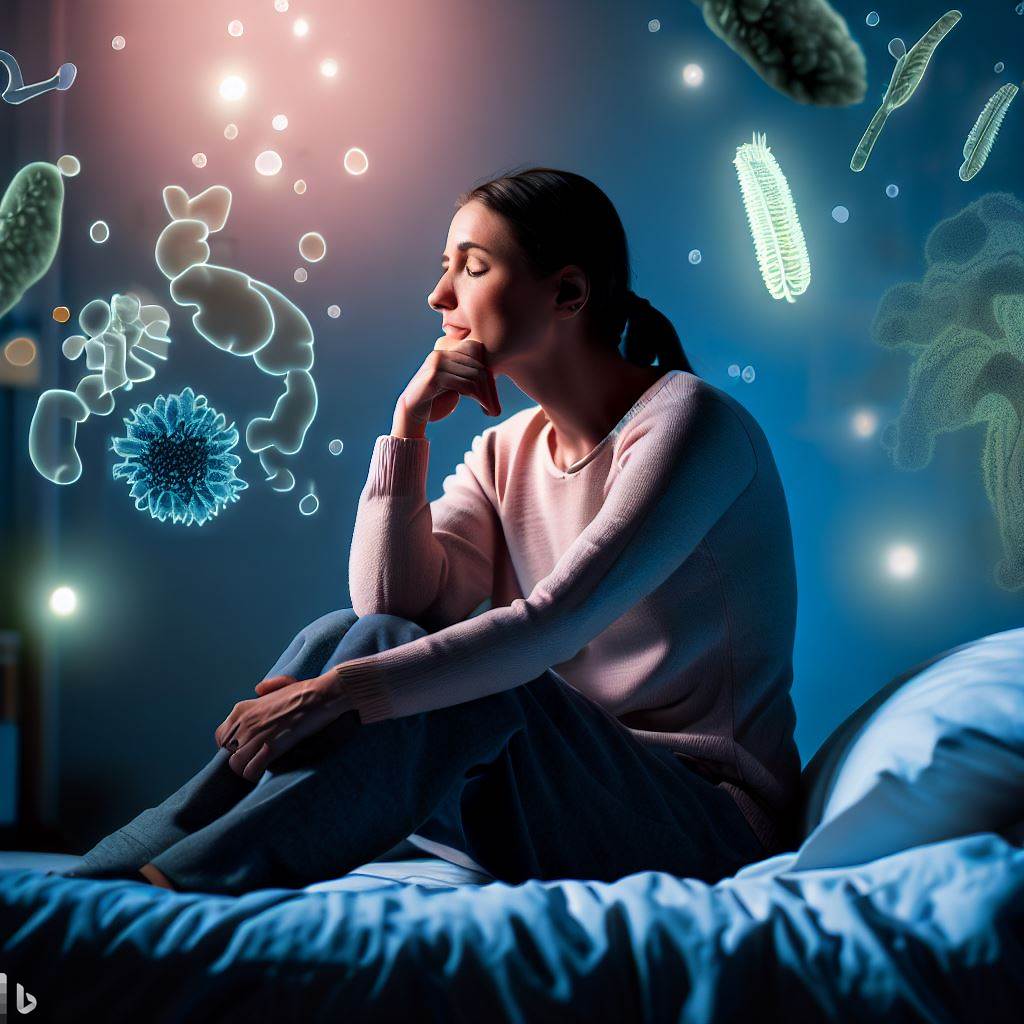
Many of us have used artificial sweeteners for years as part of our effort to cut calories and reduce sugar intake. Unfortunately, research has now shown that one of them, Sucralose, can be harmful for us. It can break up DNA! Really? Read on and see what you think……….
Chemical Found In Artificial Sweeteners
The chemical is also found in trace amounts in the sweetener itself, and the finding raises questions about how the sweetener may contribute to health problems.
https://www.news-medical.net/news/20230531/Chemical-found-in-widely-used-sweetener-breaks-up-DNA.aspx
Except……..wait a minute…. The World Health Organization wants people to cut back on all sweeteners, not just sugar! What? The reactions worldwide have been mixed as you can imagine. See what you think……
https://www.washingtonpost.com/wellness/2023/05/16/sugar-substitutes-artificial-sweeteners-health/
Probiotics, Prebiotics and Microbiome
We have all heard a great deal about probiotics and prebiotics, but how much do we really understand why and how they might help us? Well, first we need to understand what is really happening in our small intestines (besides making poop). This is where our food is finished being digested and all the nutrients are absorbed into the blood-stream to feed our cells. This is also where certain vitamins are actually produced.
The National Institute of Health teaches that: Thiamine, folate, biotin, riboflavin, and panthothenic acid (B vitamins) are water-soluble vitamins that are plentiful in the diet, but that are also synthesized by gut bacteria. Likewise, it has been estimated that up to half of the daily Vitamin K requirement is provided by the gut. Also, and this is really important, more than 90% of the serotonin (one of the major neurotransmitters for our brain) is produced in our small intestine!
Pretty amazing, but how does this all actually happen? Please keep in mind that our intestines need to be healthy to do all of that amazing work.
Fecal Microbiome
 Now…….drum roll…….because chronic illness is often connected with a microbiome that is out of balance, correcting the imbalance can be a key part of healing the illness! So, with that in mind, there is a new therapy (in addition to probiotics) that replaces the bad bacteria in your intestine’s microbiome with healthy bacteria. Yes, the good bacteria from very healthy people are put into a gel cap and you swallow it. No, you are not eating poop from someone else, but rather their healthy microbiome. See what you think…….
Now…….drum roll…….because chronic illness is often connected with a microbiome that is out of balance, correcting the imbalance can be a key part of healing the illness! So, with that in mind, there is a new therapy (in addition to probiotics) that replaces the bad bacteria in your intestine’s microbiome with healthy bacteria. Yes, the good bacteria from very healthy people are put into a gel cap and you swallow it. No, you are not eating poop from someone else, but rather their healthy microbiome. See what you think…….
Ready for your Fecal/microbiome? This can speed healing for you. https://www.theguardian.com/society/2023/jun/11/ready-for-your-crapsule-faecal-transplants-could-play-a-huge-role-in-future-medicine?CMP=Share_iOSApp_Other
Many of the colors in our foods, particularly in the treats we like to give to our children, can actually be harmful. One of the troublemakers is called titanium dioxide. “The European Food Safety Authority (EFSA) has concluded that titanium oxide should not be considered safe as a food additive, due to uncertainties about possible inflammation and neurotoxicity.”
Information on toxins in food to avoid:
Health advocates urge US regulators to ban common food coloring additive.
https://www.theguardian.com/world/2023/jun/02/titanium-dioxide-food-safety-food-coloring
Good News! Paralyzed Man Walks Using Device That Reconnects Brain With Muscles!
A man who was paralyzed in a cycling accident in 2011 has been able to stand and walk with an aid after doctors implanted a device that reads his brain waves and sends instructions to his spine to move the right muscles.
Work is at an early stage and primarily utilized in European countries, but is certainly something to ask our doctors about if we ourselves are paralyzed or know someone who is.
https://www.theguardian.com/science/2023/may/24/paralysed-man-walks-using-device-that-reconnects-brain-with-muscles
GOOD NEWS FOR SENIORS!
With mental health issues being discussed in the news Medicare provides many mental health services.
Medicare Part B (Medical Insurance) helps pay for these outpatient mental health services. These services can be so helpful with our aging population. More are also available:
- One depression screening per year. The screening must be done in a primary care doctor’s office or primary care clinic that can provide follow-up treatment and referrals
- Individual and group psychotherapy with doctors (or with certain other licensed professionals, as the state where you get the services allows).
- Family counseling, if the main purpose is to help with your treatment.
https://www.medicare.gov/coverage/mental-health-care-outpatient
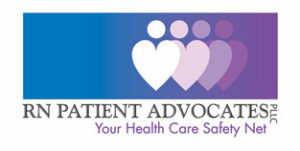
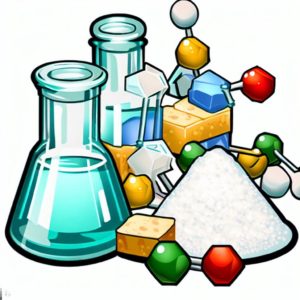


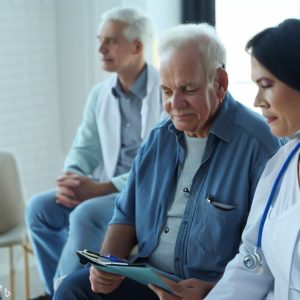
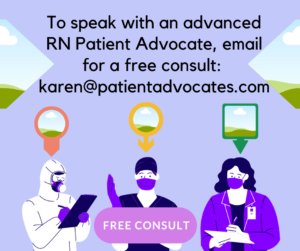
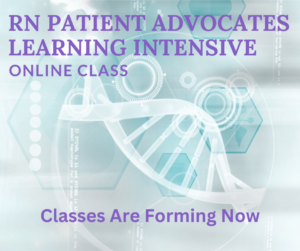
Recent Comments